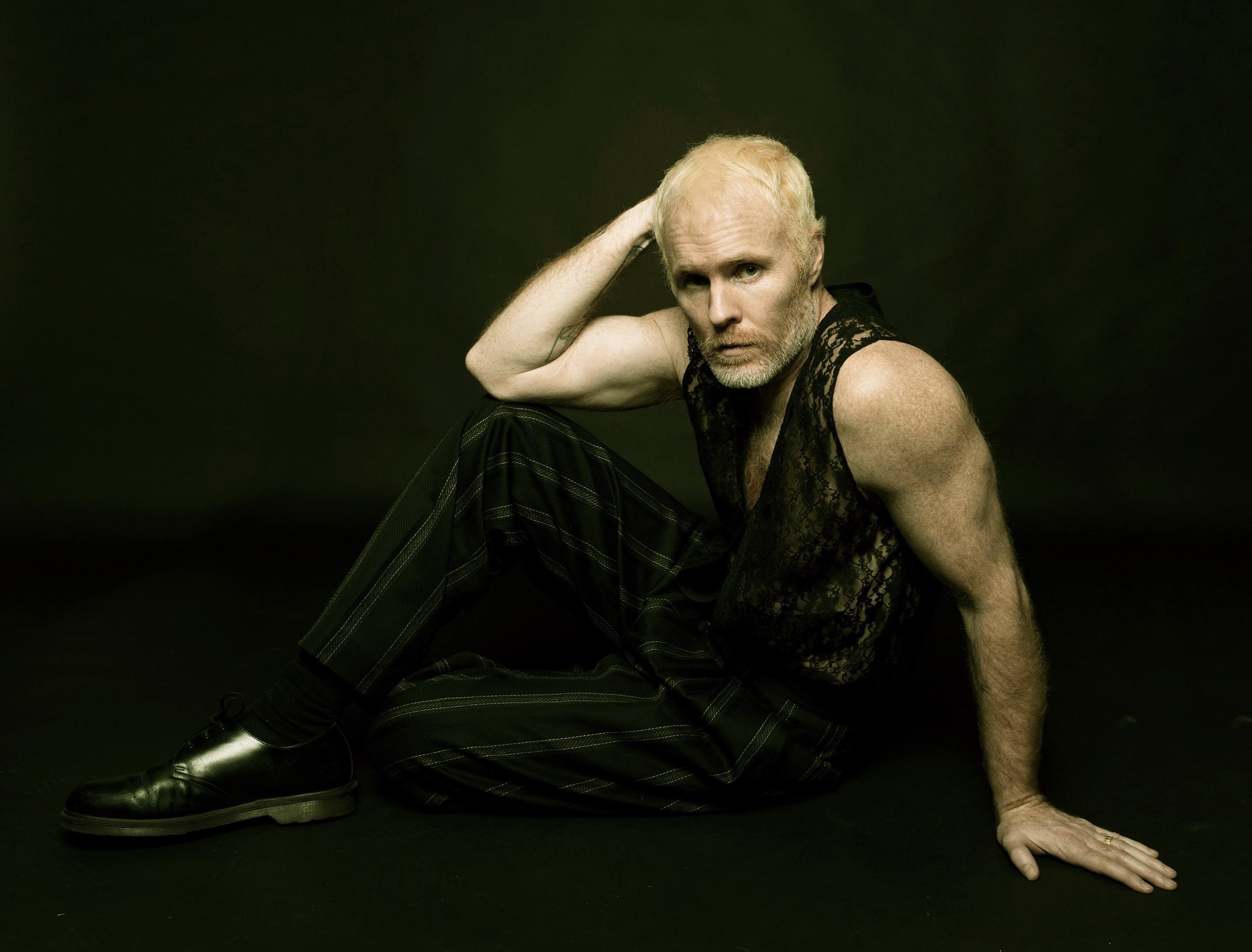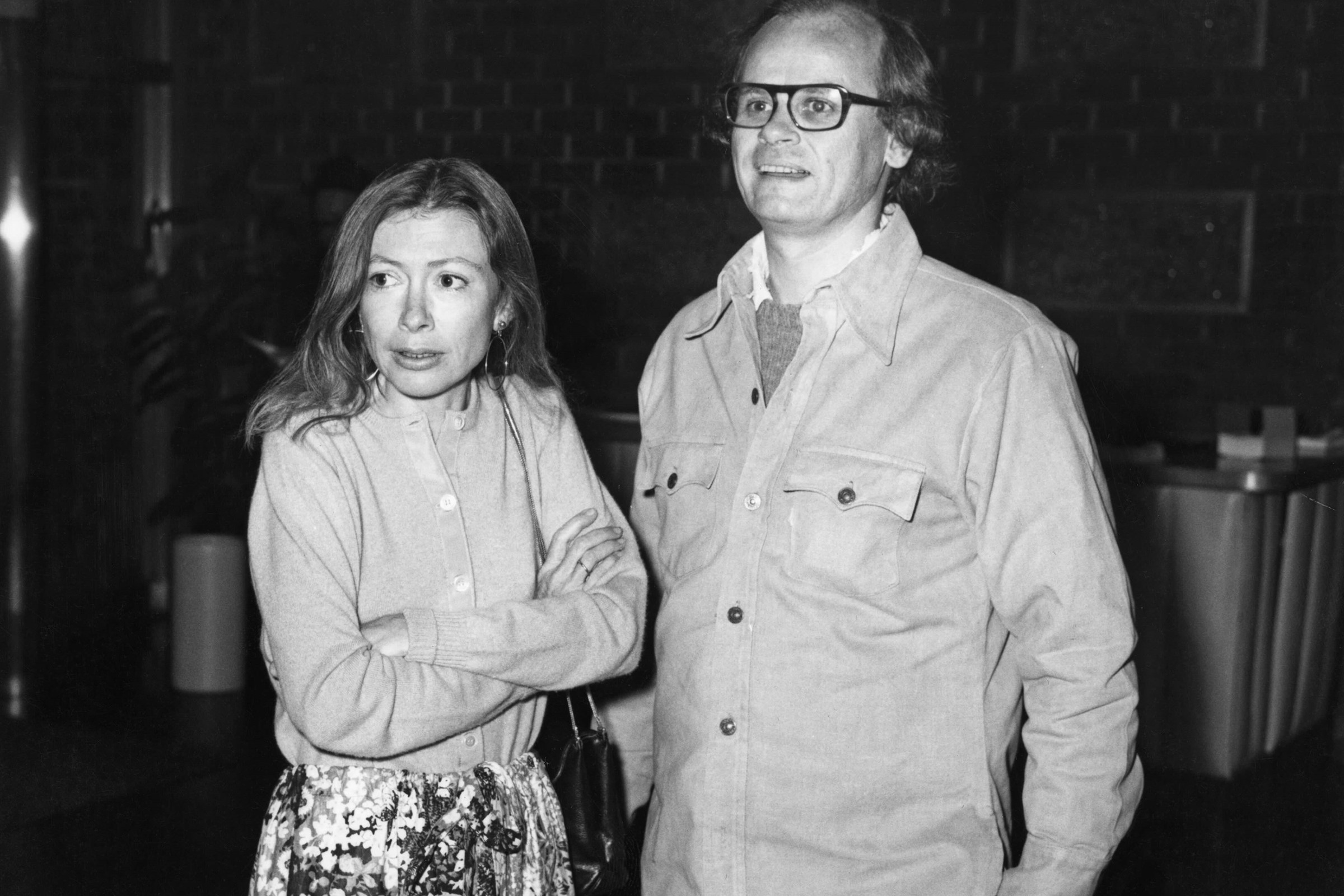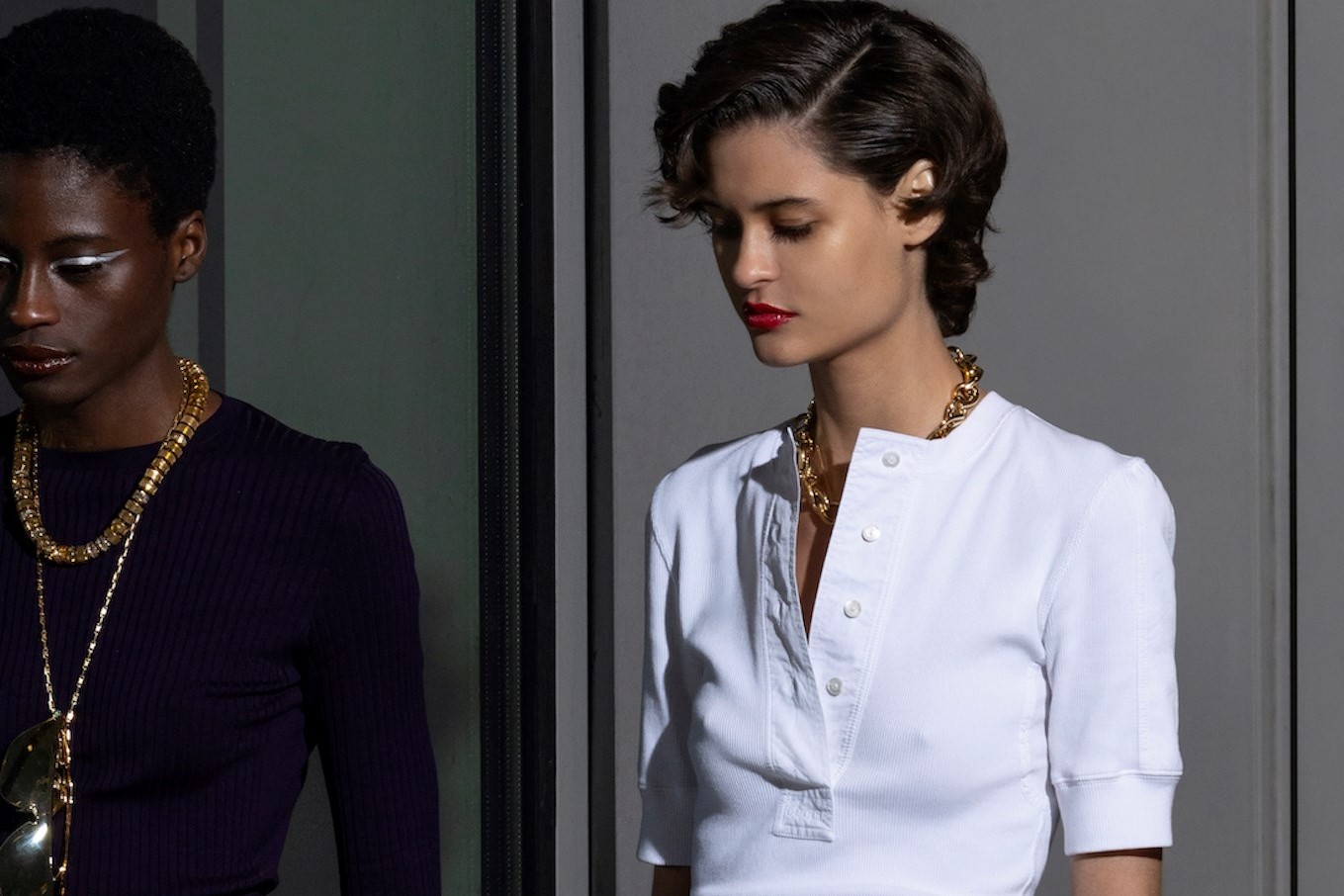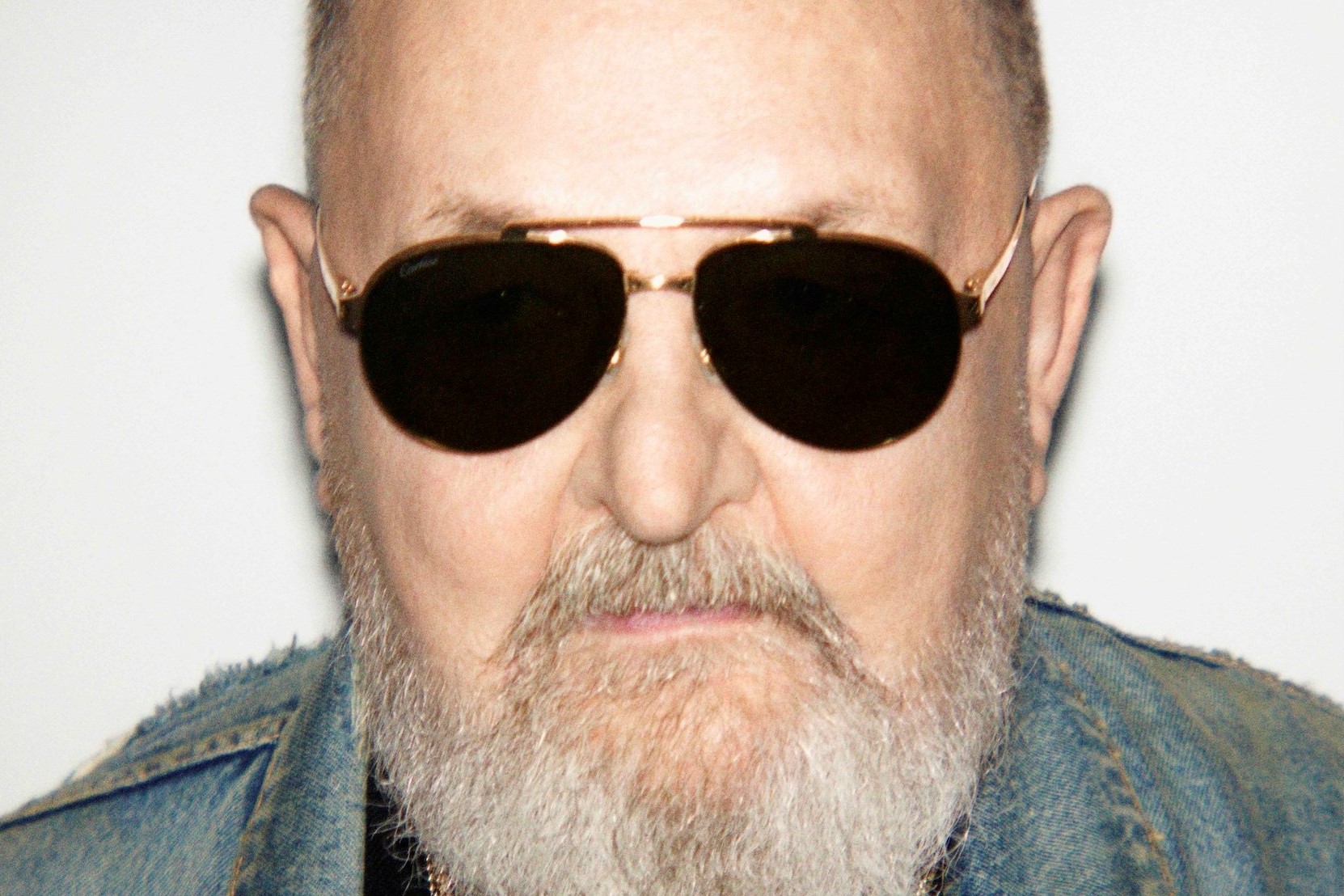It’s a statement, but to Andy Butler it was simpler than that; it felt like the right thing to do. For the first time in his career, on Grace, Butler’s vocals open a Hercules and Love Affair album. Titled In Amber, his fifth disc finds all the signature stabs, strings and greatest-dancer tautness that arrive at a place where the air hangs heavier. “Across this record, there are emotional fields I hadn’t ventured into previously with Hercules and Love Affair,” says Butler. “My songs often just help me articulate what is going on for me, and here I was engaging with the idea that by wading through the fear of death it might allow for an appreciation of life and indeed that universally shared preordained moment we each have.”
Contemplating the inevitability of mortality, and trying to find peace within that fact, drums are pounded by the legendary Budgie of The Creatures and Siouxsie and the Banshees. If it sounds dramatic, why else shouldn’t it, given the mythology of the nom de plume. Track two is called One and leads the listener hand-in-hand to the dancefloor, as Anohni sings: “I’ve come to know the taste of dirt / The rejection upon my tongue / Oh, I know my coat is black / I’ve been a threat since I was young.” Redemption and journeying towards empowerment is another theme within the record.
Back in 2008, the first voice on Hercules and Love Affair’s DFA-released debut was Anohni’s. And as she reminds me today, Andy now finds himself with a considerable body of work behind him. The two friends, who met in New York, and have known each other for well over 20 years, couldn’t be more different professionally speaking. As Anohni says: “There’s a lot of careful thought that goes into writing Andy’s songs and poems, whereas mine are more gestalt, bursts of things and emotions … a little bit more elusive, really a feeling that pushes through. There is a structural intention to Andy, and a care around structure that is very different from me.”
United by a love of Yazoo, their collaboration began in a secretive manner; they were unsure of what it was for or even that it’d be heard. Returning in 2022 for all the years gone by and the memories of Blind – which played everywhere that summer – Butler and Anohni are a pairing so complimentary as to tip into timeless.
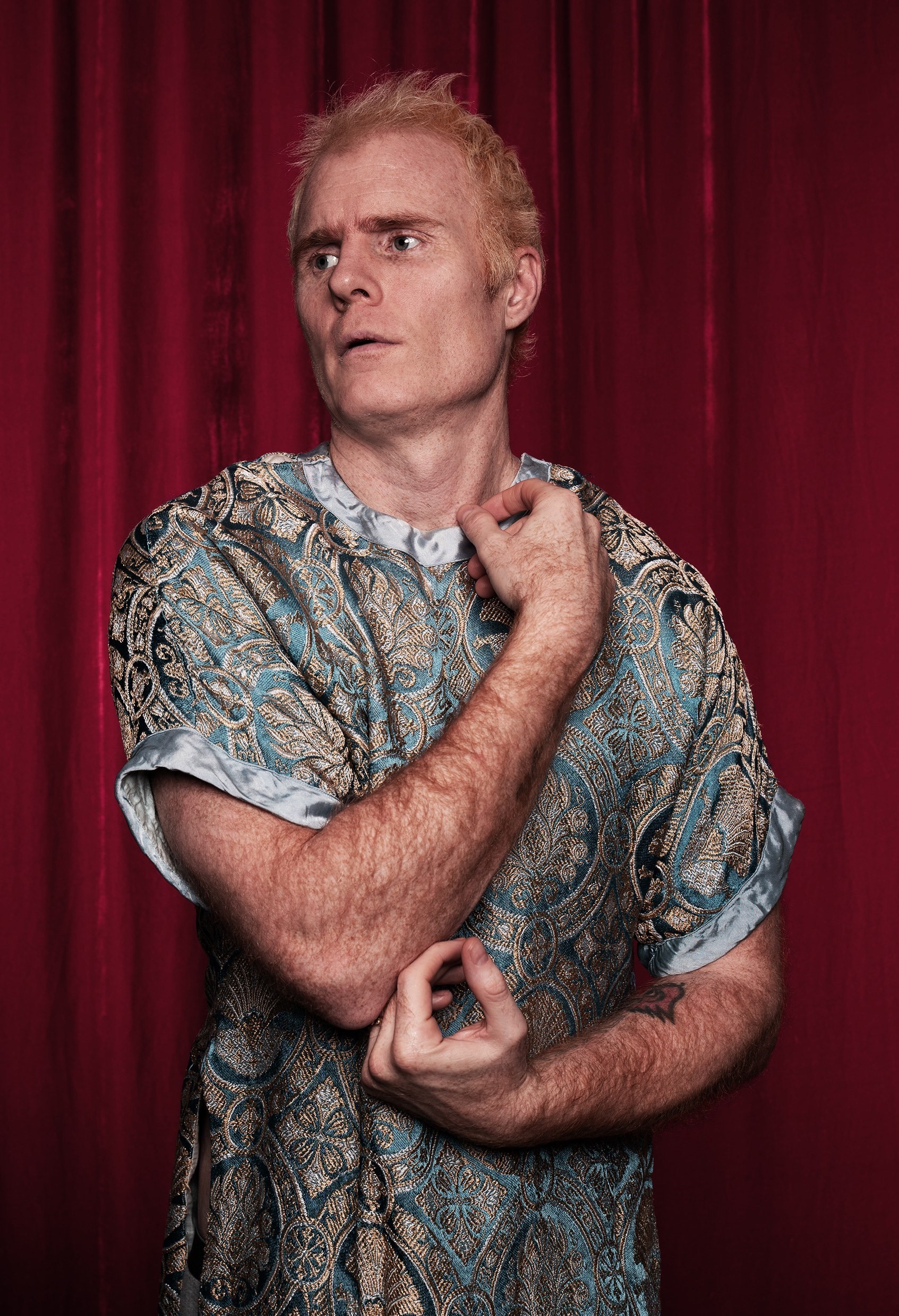
Dean Mayo Davies: Can we start by talking about how your collaboration on In Amber came about? What brought you back together creatively?
Anohni: I had reached out to Andy and suggested that we work on some tracks – the first time we’d done that in several years. We began a very long process of slowly putting things together around these few tracks, and then at a certain point Andy started showing me other songs he was writing that were really beautiful to me. It started to make sense; the songs we’d been doing could be integrated into his next Hercules project. There was some kind of relationship between the material that made sense.
Andy Butler: In a way, it was similar to the first time we collaborated. We didn’t have a sense of what it would be, and no real, clear path. We knew we wanted to make stuff again.
A: I think this album is the one with the most collaboratively composed songs of any of yours, isn’t it Andy? Half the songs we did together, and then [some] are your songs that you wrote by yourself. I was really into you singing your own songs. You really emerged as a singer during the process of making this record.
AB: Which was a special experience for me, as someone who’s always been in the background, while being the one driving. I sang on maybe one or two songs on the previous records. This was the first time where – and it was in no small way through Anohni’s encouragement – I picked up the microphone and heard my voice in a different way. Now it’s another thing that I feel much more excited about utilising.
DMD: The best dance or electronic music often carries a melancholy. In Amber sees you pushing to new territory. What themes are you covering on this record?
AB: There’s definitely an interesting relationship and dialogue taking place between the two voices. A lot of searching for peace in the midst of chaos. There is an acknowledgement of human fears, mortality and familial bonds that eventually will at least physically be broken, and the inevitability of death. That was where I was mentally and emotionally going.
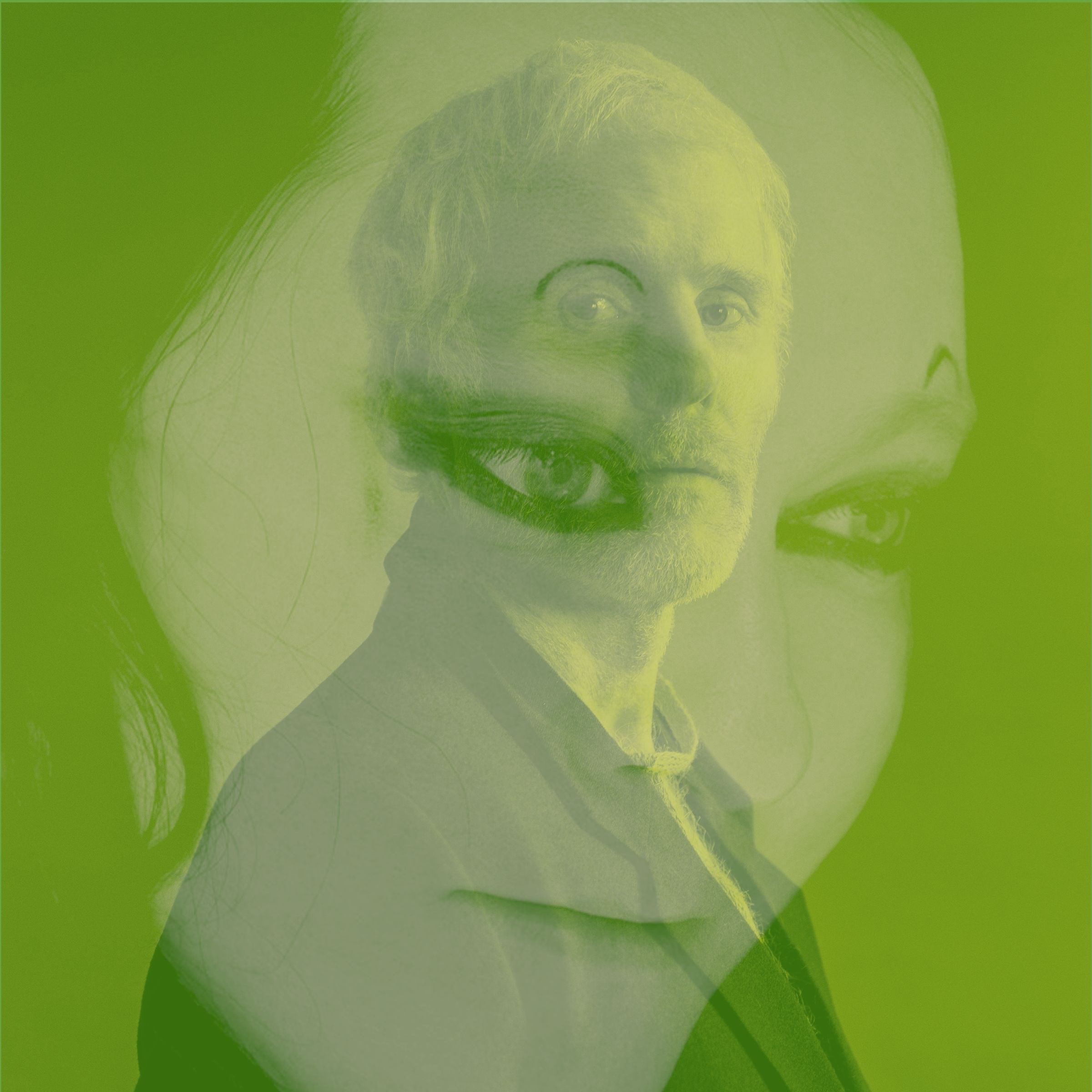
DMD: Budgie, of The Creatures and Siouxsie and the Banshees, plays drums on the album – listeners will have already heard him on Grace and Poisonous Storytelling. Have you always been a fan?
AB: It was really Anohni’s suggestion – a moment that evoked something that felt like The Creatures for her specifically. John Grant was in town, in Belgium where I live, and Budgie was playing drums for him. I made an overture and he was very sweet, super excited and willing.
A: I think at a certain point we started thinking about the texture of percussion, something with humanity that might complement the content of the songs. Budgie is such an amazing drummer – there’s something so delicious about the Siouxsie catalogue and The Creatures’ catalogue. The only way I can really describe it is almost like how I used to feel watching cartoons when I was a kid: it was better than real life [laughs]. It had this kind of perfection that was almost sugary. Budgie, as a drummer, completely epitomises that volatile, volcanic texture of creation, but also has a very exquisite form. I think he’s such a beautiful hand. It’s coming from something, you know? He’s English and … the texture is not one of cerebral restraint. The Creatures were a band that I loved so much as a kid. I remember stealing the first album, Feast, from the import section of Tower Records. I must have been 13 or 14, and I just used to stare and stare at the vinyl.
DMD: That’s such a good record to steal.
A: I don’t think anyone could ever give Siouxsie enough credit for what she’s done. Also it’s interesting to think about Budgie in terms of having been someone that’s spent many decades figuring out how to support and embody radical expressions of female power. He found ways to articulate quite a feminine violence, or a feminine exuberance; a strength, a really fortified, agile, threatening at times power. He’s definitely been in service to a goddess, and I think that’s amazing. I’m sure he wouldn’t say that, but that’s how I would say it.
AB: I think that’s a beautiful way of putting it.
“I remember we were together the day of 9/11. I felt that really brought us together as friends” – Anohni
DMD: Did the two of you spend time in the same room writing In Amber?
A: Andy would create the tracks by himself, but then when we were doing vocals we would meet and he’d kind of egg me on.
AB: Or she would pass the microphone to me and be like, “Your turn.”
A: [Laughs.].
AB: That was how the whole process started – she handed the microphone to me and she’s like, “OK, I'll be back in an hour.”
A: Oh my God, I forgot about that.
AB: It was the best thing, because that was that first moment that threw me into like, ‘Okay, use your voice. Make something happen, do something with your voice.’
DMD: Your friendship enabled that.
AB: I don’t know if I would have believed anyone as much as I believe her … I felt very encouraged and held up by her.
DMD: What were your first thoughts of each other?
A: We just immediately hit it off. We met through friends in New York and had a lot of shared interests: we both loved Yazoo. I was already starting to perform then, so Andy probably knew me already as a performer in the city doing my concerts.
AB: There was a lot of hanging out and playing music for each other, whether it was music from our childhoods, trying to bounce things off each other, music to get a hoot out of each other.
A: I remember we were together the day of 9/11. I felt that really brought us together as friends. We wandered around the streets that day in New York, holding hands, going to Tasty Delight or whatever, getting frozen yoghurt while people were coming up 6th Avenue covered in dust. I always felt like, that day, I was very sheltered in my friendship with you in relation to that giant cataclysm. I think that was a moment for us.
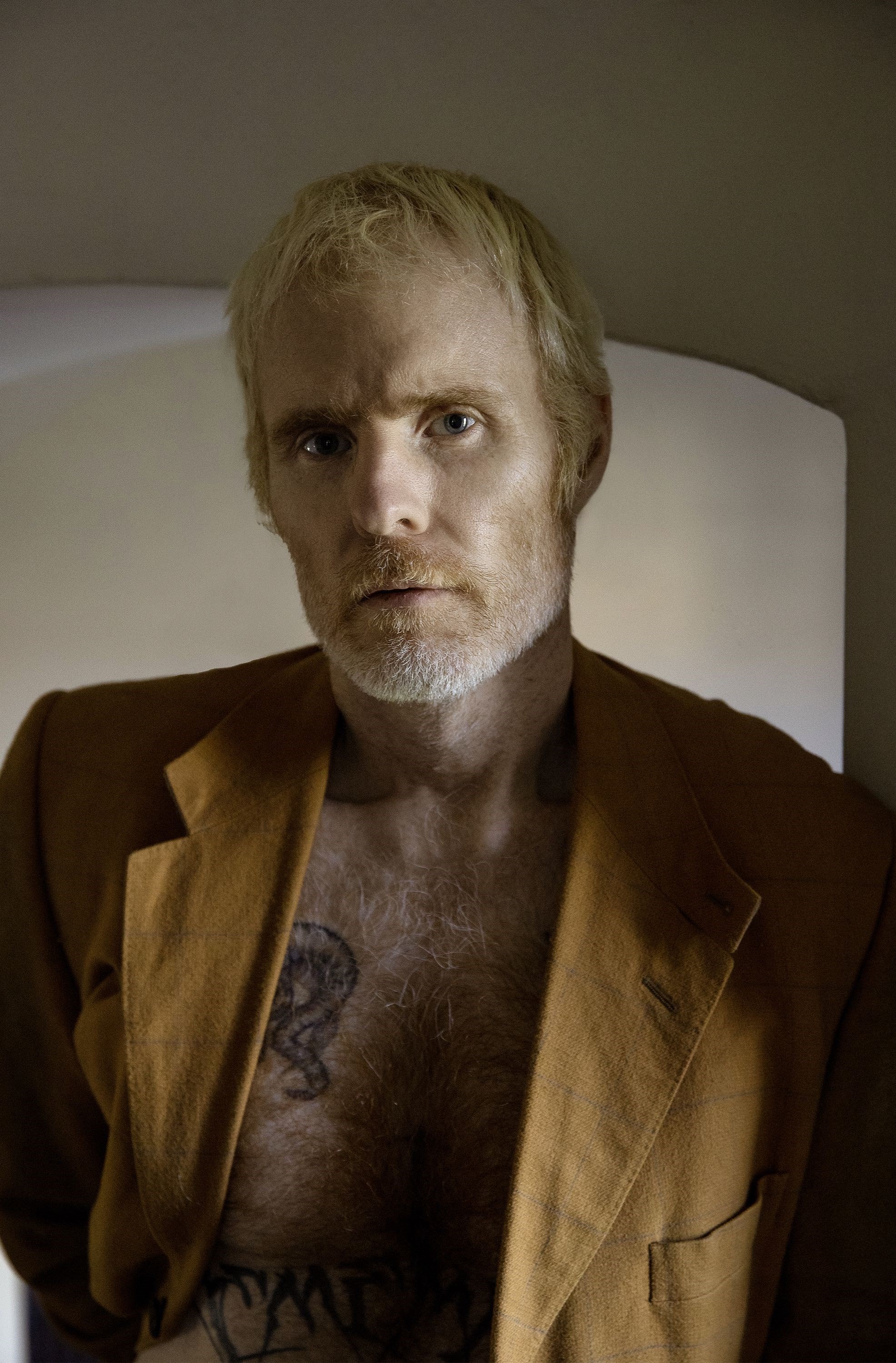
We recorded Blind in 2002 or 2003, way before I Am a Bird Now had any real impact in Europe, or much anywhere besides Manhattan. Andy was like, “Do you want to sing on a dance track that I’ve written?” The whole structure of it and the melody was so not normal for me: it wasn’t what I would normally sing. I tried to do my best Alison Moyet impersonation and sing out in this way that I never otherwise would have. I heard it back and was like, “Oh no, no, no, no, no. No, this is really embarrassing for me, we can’t do this, no, no, no, no, no.” And I’m sure I told you to hide it. It wasn’t until at least two years later [when] I won the Mercury Prize – I remember I came to your apartment in Williamsburg and I was like, “Andy, let’s listen to that song we did that one time.” We listened to it and I said, “Release it. Release it now!” You wrote this great song, that we could really get over on everyone because of the Mercury Prize. Andy was writing tons of songs but wasn’t harbouring this giant ambition. It seemed like circumstances rolled forward, and suddenly you had that deal with DFA.
DMD: 14 years later, what’s your relationship like with the first album?
AB: From the standpoint of hearing the words, and hearing where my brain was at when I wrote some of those songs, I definitely am transported to more innocent times.
A: I think it’s exciting to look at your catalogue – over 15 years of songwriting. It’s going to be interesting to take some of those early songs and recontextualise them and sew them together in different kinds of constellations. It’s a body of work now.
DMD: Is one of the great things about your friendship that you push each other to figuratively go places you wouldn’t on your own?
A: Definitely. I was singing differently because of Andy, to make Andy happy. I was desperate to please Andy.
In Amber by Hercules and Love Affair is released on 17 June 2022.
